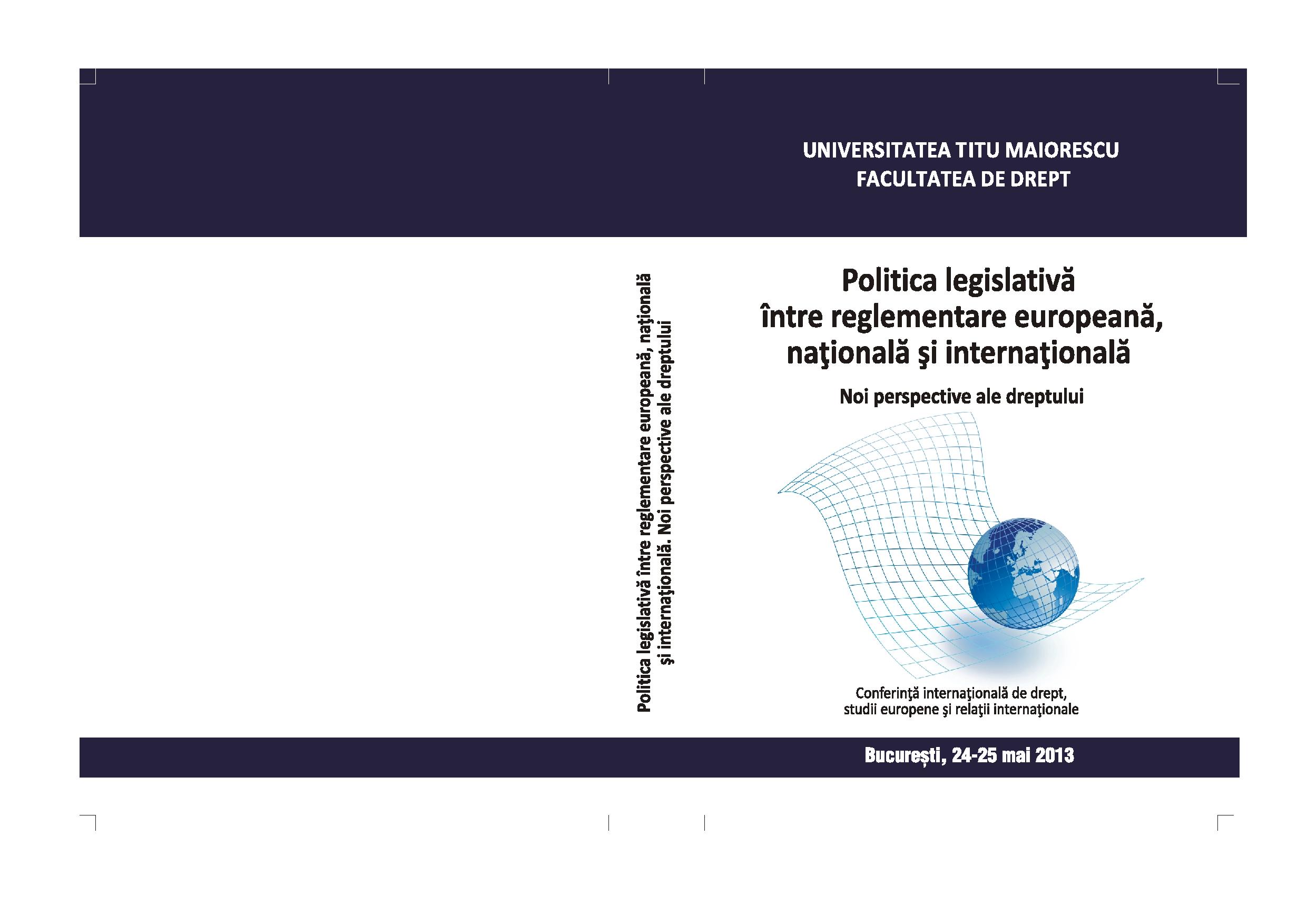Transferul de întreprindere – de la principii
legale la transpunere practică
THE TRANSFER OF UNDERTAKING – FROM LEGAL PRINCIPLES TO IMPLEMENTATION INTO PRACTICE
Author(s): Olguta-Dana Totolici, Luiza-Adriana Tomesc-DinuSubject(s): Commercial Law
Published by: Editura Hamangiu S.R.L.
Keywords: transfer of undertaking; undertaking, business of part thereof; protection of employees; transfer of rights and obligations; prohibition from dismissal;
Summary/Abstract: The Directive 2001/23/EC was transposed into national law by Law no. 67/2006. Although the Romanian law broadly follows the basic principles of the Directive, the transposition was not very clear, leaving room for interpretation and raising practical difficulties upon the implementation. In the absence of a relevant case law of the Romanian courts, the practical clues can be obtained from the case law of the European Court of Justice.The most relevant aspects concerning the practical implementation refer to the qualification of an operation as transfer of undertaking, the transfer to the transferee of the transferor’s rights and obligations arising from the individual employment contracts of the transferred employees, and/or from a collective bargaining agreement applicable at the transferee level at the transfer date, and the prohibition from dismissing the employees on the ground of the transfer itself.With reference to the first issue Law no. 67/2006 does not take over the Directive’s definition of an operation as transfer of undertaking, but gives a much more restrictive definition thereof, and thus entails the recourse to the criteria established by the European Court of Justice in order to ascertain whether a given transaction can be regarded as a transfer or not.With reference to the second one, neither the Law no. 67/2006 nor the Directive offer many clues pertaining to how to treat the particular cases of transfer of rights and obligations, and the compliance with the provisions of the collective bargaining agreement. The specialized literature has attempted to offer a few solutions, however these will be ultimately established by the case law, which at this time is scarce and does not always offer a correct interpretation, and consistent with the Directive.The third matter is, in its turn, controversial and difficult, and although there are some considerations of the European Court of Justice that might offer guidance, the matter will be always susceptible of interpretations in the favor of reintegration and transfer of the dismissed employee, without certain evidence referring to the economic arguments having underpinned the dismissal.
Journal: Conferința Internațională de Drept, Studii Europene și Relații Internaționale
- Issue Year: I/2013
- Issue No: I
- Page Range: 552-562
- Page Count: 11
- Language: Romanian

